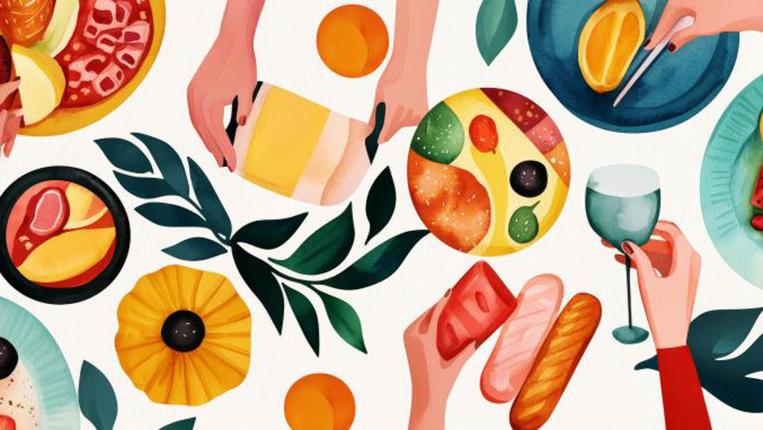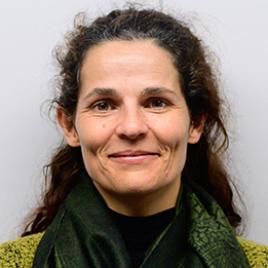Objectives and competences
This unit intends to recognize and identify important food biomolecules and their metabolism, as well as their relation with health and metabolism; promote a deep understanding on how food prevents disease and its relation with disease mechanisms. Highlight the utmost importance of diet integration in health promotion and disease prevention, mortality and morbidity rates; characterization of healthy food patterns in the world and in Portugal, in terms of their biological specificities, energetically, nutritionally and along the life cycle. Practice team-working skills to better plan, implement and review menus and dietary plans.
Teaching Methodologies
This unit is organized in theoretical classes (T), theoretical-practical classes (TP), practical (PL) and tutorial orientation (OT). Regardless the model, it will always be prioritize students participation, involvement and support throughout the learning and brainstorming process.
Syllabus
- Nutritionally relevant bioactive substances in food; phytochemicals and their biological activity.Functional foods: definition, importance and bridge with the health-market.
- Understand the connection between nutrients and metabolism regulation (gut microbiota as eg.)
- Sound comprehension of the Portuguese and worldwide dietetic and nutritional situation, its relation with non-transmissible chronic diseases and impact on mobility/mortality.
- Explore the nutrition-health promotion binomial in the adult and throughout life cycle/specific situations.
- Explore and understand the relation between nutrition, longevity and epigenetic regulation on adult´s life; basic knowledge on nutrigenómica, nutrigenetic and tailored-made nutrition.
- Recognize the interconnection between adequate nutrition and health promotion. Characterization and study of dietary patterns and its mechanisms of action in relation with health/disease promotion. Mediterranean Diet and other dietary models.





